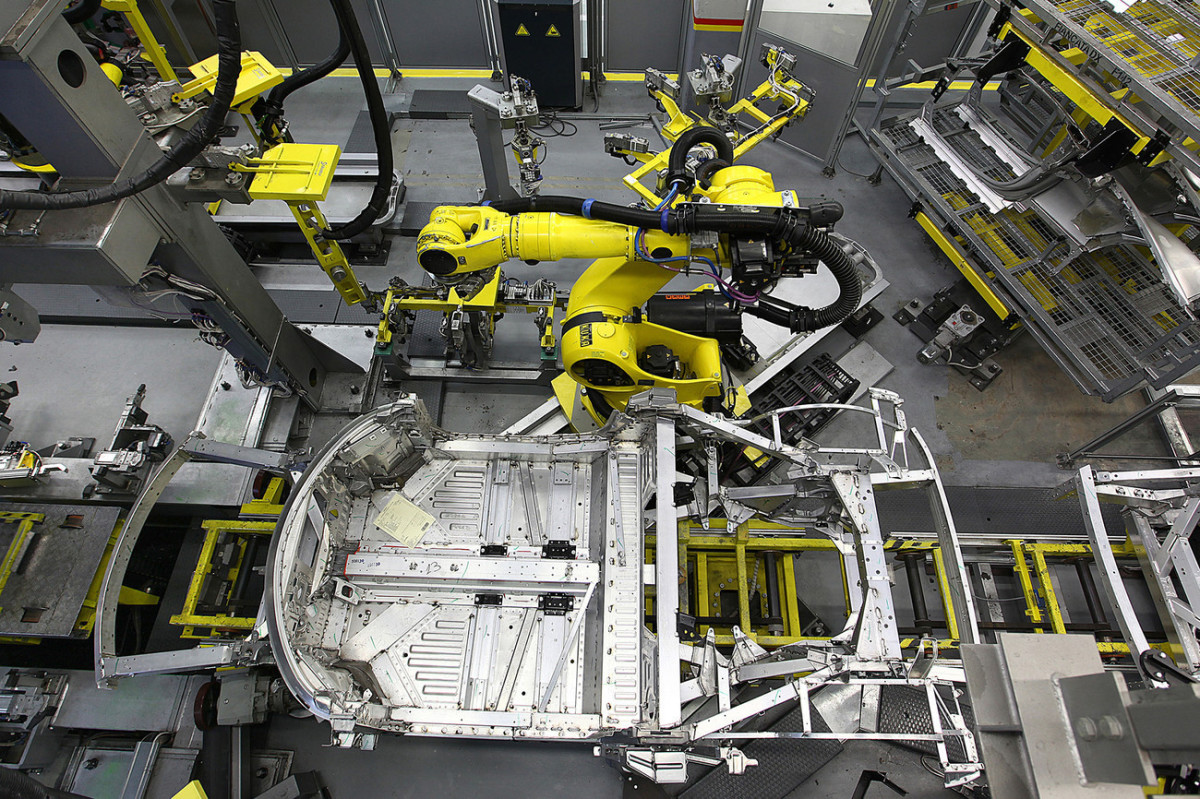The rapid rise of AI has sparked concern across the tech industry: will developer jobs disappear, or simply change? While some tasks are being automated, the demand for skilled developers isn’t going away—it’s evolving. Here’s a practical look at which developer roles are best positioned to thrive in the AI era, and how you can adapt your career strategy to stay ahead.
Why Some Developer Roles Are More Resilient
AI excels at automating repetitive, well-defined tasks, but it struggles with ambiguity, creativity, and context. Roles that require deep domain knowledge, architectural thinking, or close collaboration with stakeholders are less likely to be replaced. Instead, these positions are being augmented by AI, freeing up time for higher-level work.
Roles That Will Thrive in the Age of AI
- AI/ML Engineers: Ironically, building, tuning, and deploying AI systems is a growth area. AI models need human oversight, data curation, and ethical guardrails.
- DevOps and Cloud Engineers: Automating infrastructure and orchestrating complex deployments demand a blend of software, systems, and business understanding. AI can assist, but not fully replace, these skills.
- Product-Focused Full-Stack Developers: Developers who can translate messy business requirements into user-centric software, collaborating closely with design and product teams, remain indispensable.
- Security Engineers: As AI introduces new attack surfaces, security remains a complex, ever-evolving field that requires constant human vigilance and creative problem-solving.
- Developer Experience (DX) and Tooling Specialists: As more teams integrate AI, the need for better tooling, integrations, and developer support grows.
Real-World Examples
- AI-Augmented Coding: Tools like GitHub Copilot speed up routine tasks, but experienced developers are needed to architect solutions, review AI-generated code, and ensure reliability.
- Legacy Systems: Many businesses run on legacy code that isn’t easily replaced or refactored by AI, requiring skilled hands for maintenance and modernization.
How to Future-Proof Your Developer Career
- Double Down on Problem-Solving: Focus on roles where understanding business context and user needs is essential. AI can generate code, but it can’t replace nuanced judgment.
- Learn to Work With AI: Embrace AI-powered tools to boost your productivity. The best developers use AI as a force multiplier, not a threat.
- Invest in Soft Skills: Communication, collaboration, and leadership are increasingly valuable as technical tasks become more automated.
- Stay Curious: The tech landscape is shifting fast. Make continuous learning a habit—whether it’s AI fundamentals, cloud, security, or product management.
- Target Resilient Industries: Sectors like healthcare, finance, and government often have unique requirements and slower adoption curves, making them less vulnerable to rapid automation.
What Employers Can Do
- Invest in Upskilling: Supporting developer training in AI, cloud, and security benefits both retention and innovation.
- Redesign Job Roles: Shift focus from repetitive coding to higher-value activities like architecture, integration, and stakeholder engagement.
- Encourage Cross-Functional Teams: Developers who interact with product, design, and business units are more adaptable and valuable.
“AI isn’t replacing developers; it’s changing what great development looks like. The most resilient roles combine technical depth with creativity, business acumen, and people skills.”
Final Thoughts
While AI is reshaping the tech job market, the demand for skilled developers remains strong—especially for those who adapt. Focus on roles that require judgment, creativity, and collaboration. Embrace AI as a tool, not a competitor, and keep learning. Both job seekers and employers who invest in these areas will be well-positioned for the future.






